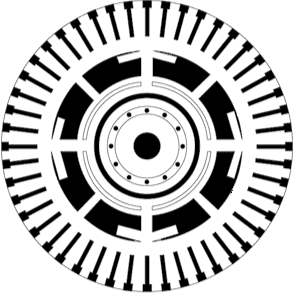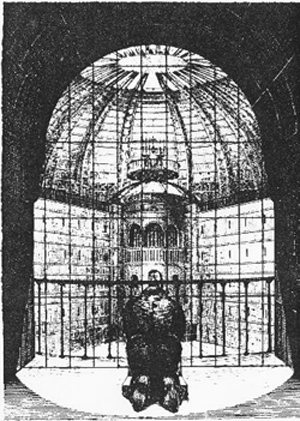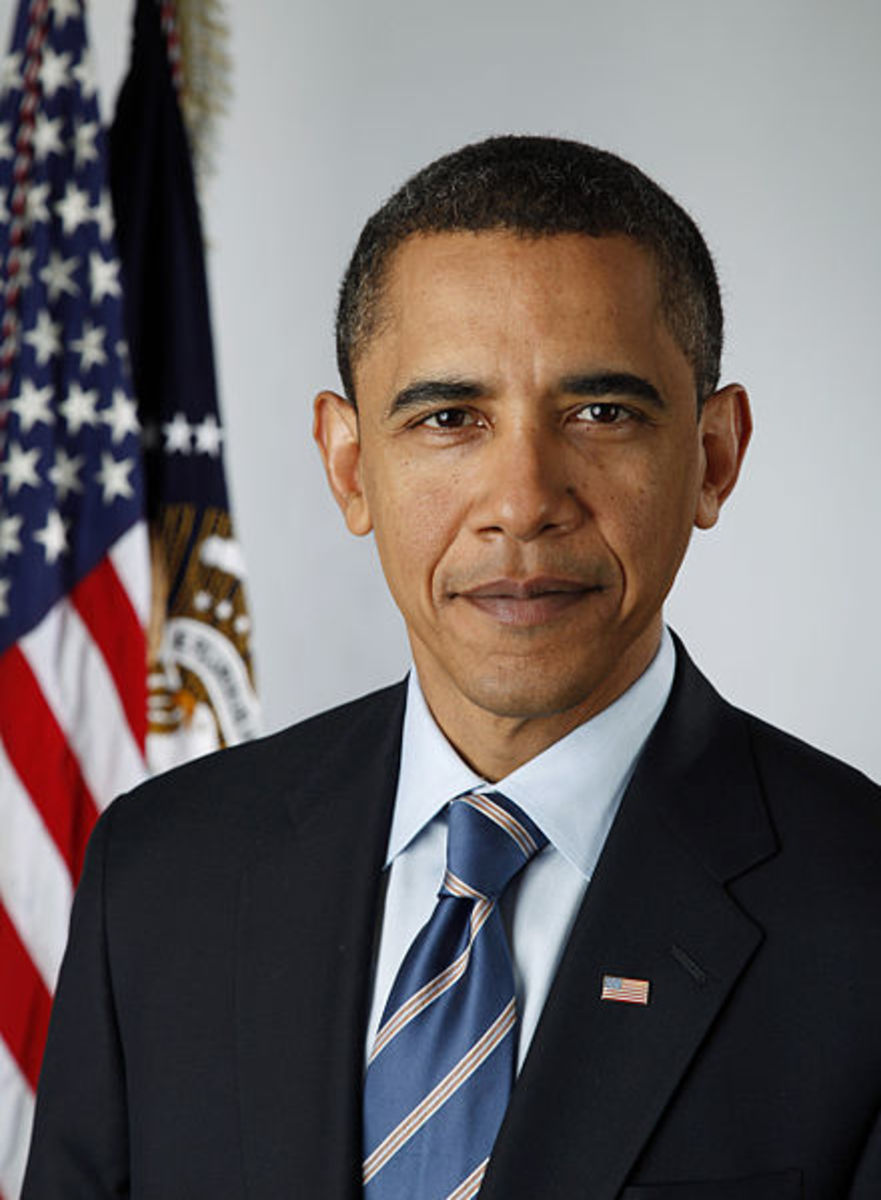Modern Society the Panopticon

Discipline and Punish
Is the state today as repressive as the state was in the yesteryears? In the past, the state was able to extract quiesce from its peasantry by the naked use of force in the form of physical punishment. People who did not comply with state laws were labelled as "criminals","dissidents","subversives" and "insurgents" and were publicly executed.
Public spectacles of state ruthlessness inspired fear and subservience of the people. Today, however, we do not see such things happen in most modern societies. The state is less reliant on such public spectacles in modern times. Then, why are its citizens still complying with its laws despite not agreeing or liking them? I shall use Michel Foucault's analogy of panopticon as the microcosm of society to explain this seemingly irrational behaviour of citizens.

What is a Panopticon?
The panopticon is a relatively new type of prison structure that is designed to enable a centrally located warden to observe all the prisoners at any one time.
There is a plethora of numbered compartmentalised prison cells with one prisoner in each cell and the warden in the center not very visible to the prisoner.
This creates the illusion that the prisoner is constantly being watched and as a result, gives up any thought of escaping the complex. The truth is that, the warden may or may not be watching him continuously but the illusion that he is habituates the prisoner into thinking so.
This concept was created by English philosopher and social theorist Jeremy Bentham in 1785.
The State's Panoptic Control
In the same way the prison warden eludes the prisoners into believing they are always being watched, the modern state has also been able to successfully project this panoptic control.
With the rise of the modern state, every segment of society became compartmentalised, numbered and ordered and it became the invisible powerful authority in the center that observed its population constantly.
Throughout the decades, people have come to instill the state's (imagined) omnipresent surveillance in their bodies. They may not be watched all the time but they think they are. Mundane instruments of the state used to monitor and track its population such as surveillance cameras and taxation created an insidious effect of physically habituating people into complying with state laws even if they do not want to. Banal routine has replaced the public spectacle as the mechanism to extract quiesce.
The modern society has thus, become the extension of the panopticon and the panopticon has become the microcosm of modern society. This is the great Michel Foucault's theory from his book 'Discipline & Punish: The Birth of the Prison'.






